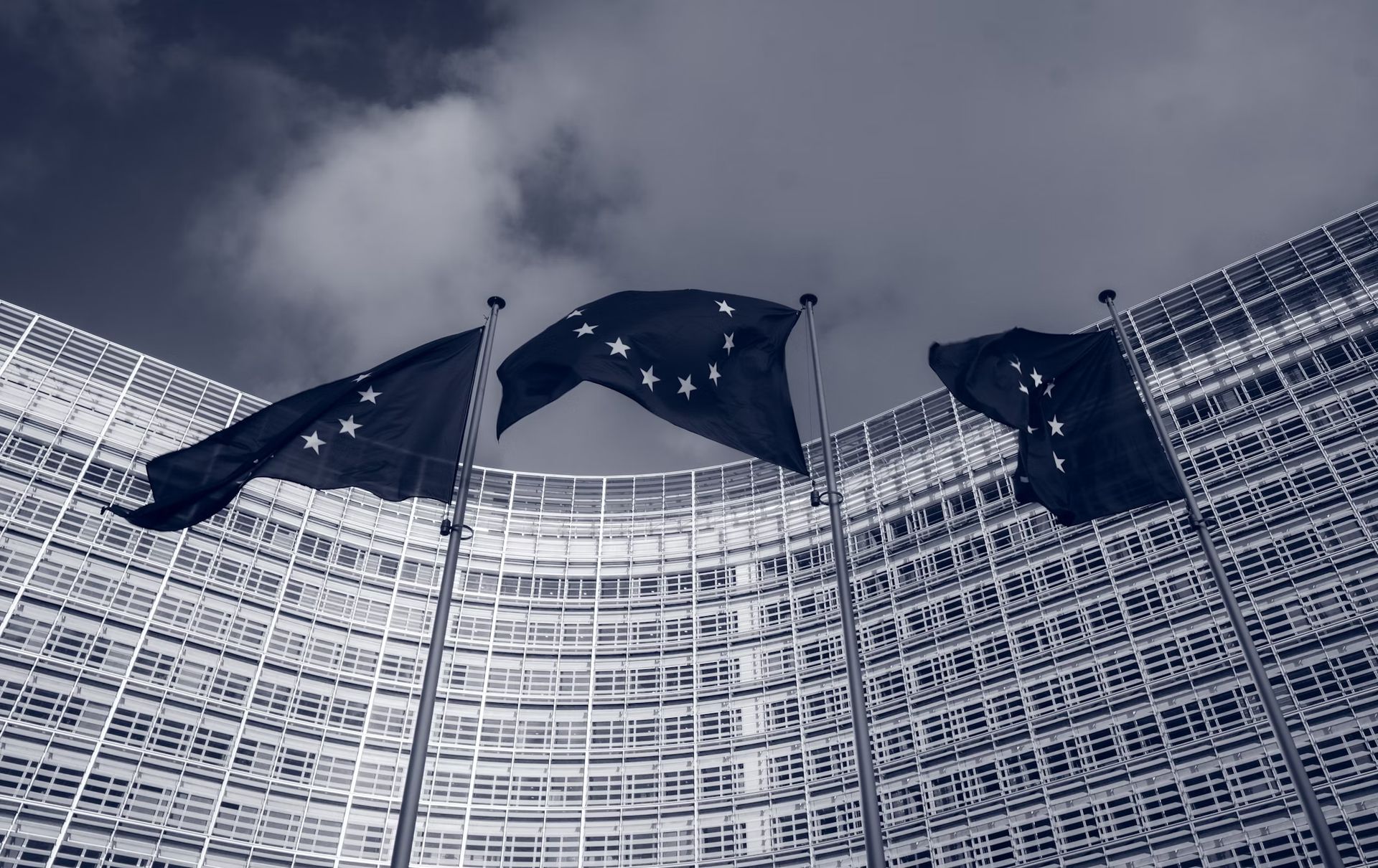EU moves to dismantle Apple’s monopoly on iOS features

The European Commission has initiated draft proposals requiring Apple to enhance interoperability within its iOS platform, encouraging feedback by January 9, 2025, in alignment with the Digital Markets Act (DMA). These measures target interoperability concerning iOS notifications, data transfer, and device setup. Subsequently, EU regulators have until mid-March to finalize the specific requirements and timelines for Apple to comply, allowing for feedback from both interested parties and Apple itself.
EU proposes measures to enhance Apple’s iOS interoperabilityThis initiative impacts Apple’s iOS, iPadOS, App Store, and Safari web browser, as the regulations intend to increase competition by enabling third-party services to integrate with dominant platforms. The focus is primarily on interoperability between Apple’s mobile operating systems, namely iOS and iPadOS. The Commission had previously announced the commencement of two “specification proceedings” aimed at defining how these interoperability rules will apply to Apple’s core platforms.
Among the proposed requirements are measures for effective interoperability related to iOS notifications, background execution, automatic audio switching, and data transfer functionalities. This includes ensuring compatibility with features like AirDrop, AirPlay, and close-range wireless file transfer services. The European Commission aims to enhance the process for third parties seeking compatibility with Apple’s systems, seeking increased transparency surrounding functionalities and tools currently exclusive to Apple.
Apple’s response to these proposals highlights concerns regarding user privacy. The company argues that the potential misuse of DMA requirements could jeopardize user data integrity. Tom Parker, an Apple spokesperson, pointed out that “data-hungry companies across the globe may weaponize interoperability” if implemented indiscriminately.
Furthermore, Apple has expressed apprehension over the plethora of access requests from companies like Meta, which has reportedly made 15 requests for extensive access to Apple’s technology. Apple claims that under the proposed access rules, it may not be able to reject such demands without compromising user privacy. The company argues that each time it allows developers access to iOS functionalities, it does so with careful consideration for maintaining user protection.
Here’s why the EU is spending €11B to compete with Starlink
The EU’s proposals extend beyond just iPhone features, as they also focus on exclusive functionalities tied to other Apple products, including the Apple Watch and AirPods. Proposed changes suggest that users may not necessarily need to own an iPhone to utilize AirDrop, AirPlay, or automatic audio switching features. Instead, the objective is to allow third-party device manufacturers to access these functionalities, which have traditionally served as a selling point for Apple’s ecosystem.
Implementation of these proposals could be groundbreaking and would significantly alter the competitive landscape in the smartphone market, especially in Europe, where regulations are increasingly scrutinizing dominant tech companies. The DMA seeks to dismantle the exclusive grip that companies like Apple have on key features, aiming to ensure a more competitive environment for both consumers and developers.
The European Commission is particularly interested in technical input regarding the feasibility and effectiveness of these proposed measures. Feedback is encouraged not only on the practical implications but also on the suggested timelines for Apple’s compliance. The EU plans to review the comments received, which may lead to adjustments before finalizing legally binding requirements for Apple.
The measures being considered could fundamentally change how Apple’s exclusive features interact with third-party products. If enforced, users may be able to access specific Apple functionalities without owning Apple devices, directly impacting purchasing decisions in the smartphone marketplace.
Featured image credit: Christian Lue/Unsplash
